
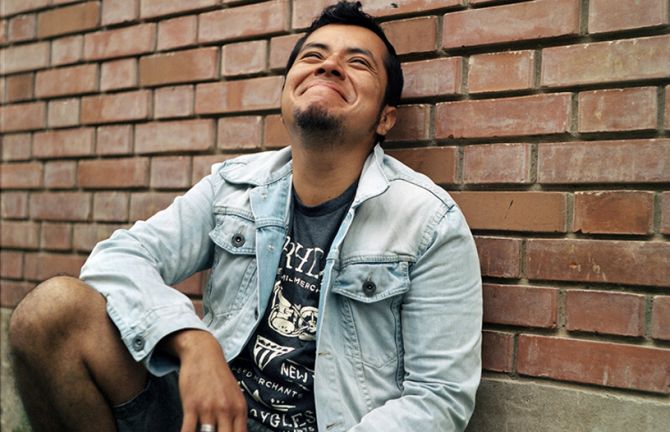
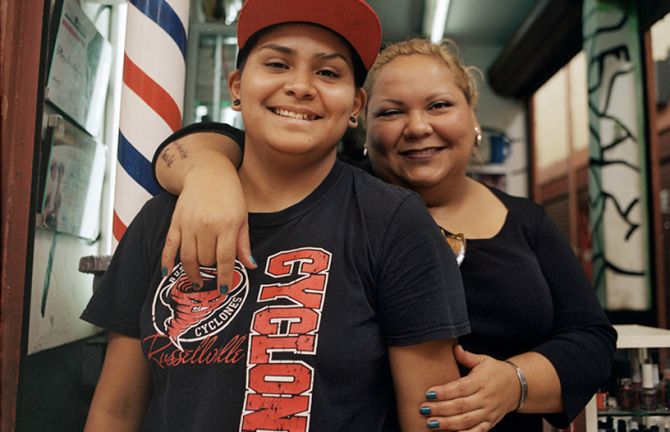
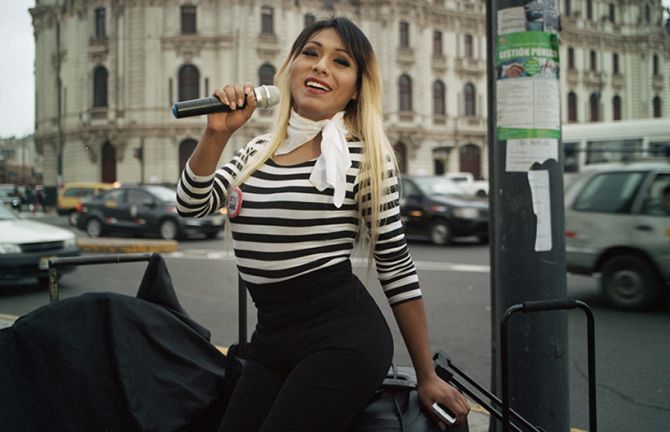
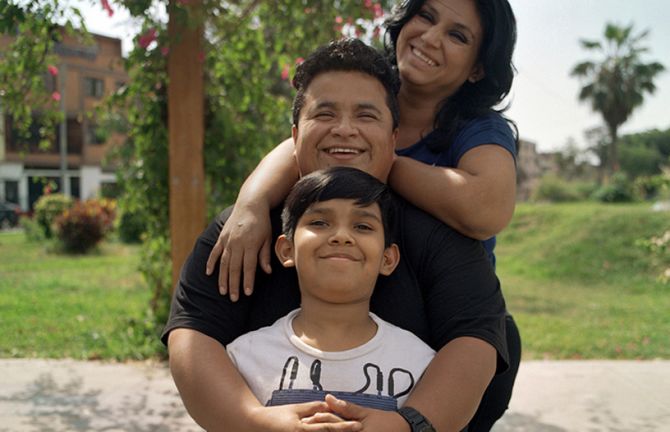
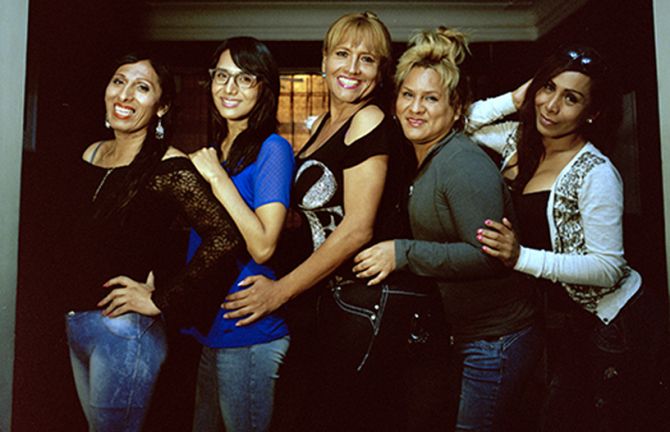
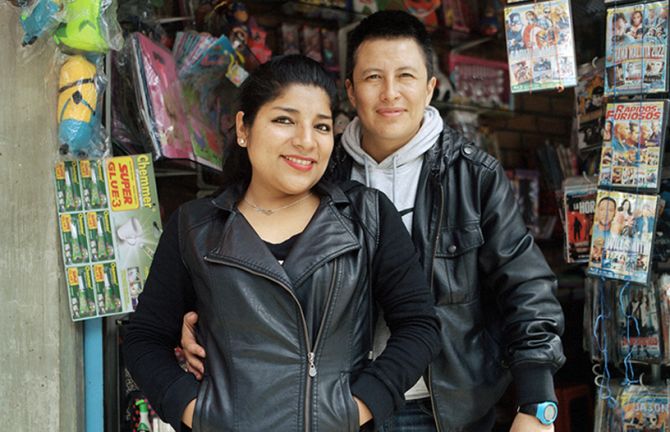
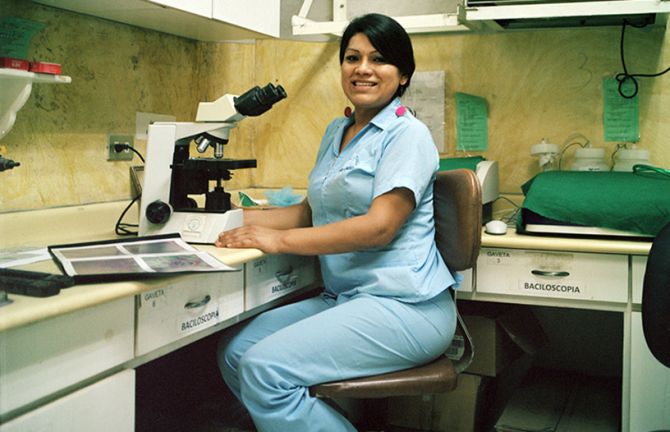
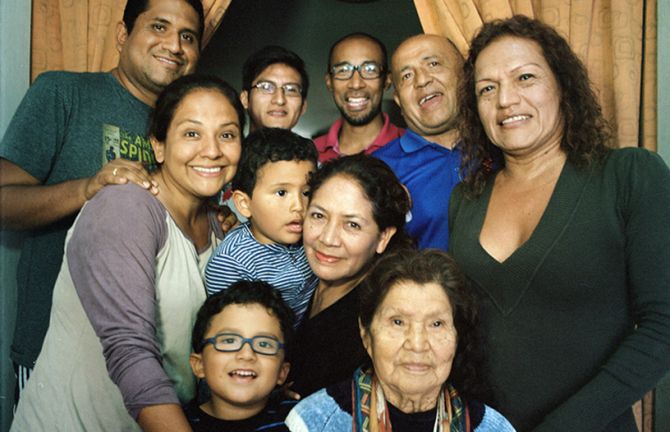
Feature Story
“I have rights” photo exhibition depicts the lives of transgender people in Peru
22 February 2016
22 February 2016 22 February 2016Transgender people often face violence, unemployment and poverty, owing to ignorance and prejudice. Such stigma and discrimination places transgender women at a higher risk of HIV infection.
All people are equal and no one should be discriminated for any reason. “In our country it will take a lot to make this affirmation a reality,” the Peru’s Ombudsman Eduardo Vega Luna said in response to the situation. However, he called for “more awareness campaigns that encourage citizens to look at the future with hope and without violence and discrimination.”
One such activity was recently organized by United Nations organizations in Peru, including UNAIDS, UNDP, OHCHR and United Nations Information Centre, and civil society organizations, like PROMSEX, IESSDEH, Center for Interdisciplinary Studies in Sexuality, AIDS and Society of the Cayetano Heredia University, transgender people, the Magnum Foundation and the European Union. An exhibition, “Yo tengo derechos”, meaning “I have rights”, presented photographs taken by Danielle Villasana, an award-winning photojournalist whose work focuses on gender, identity, health and social politics. A recent graduate of the University of Texas, Austin, she has worked with transgender communities since 2012.
The photographs in the exhibition—part of the United Nations Free and Equal campaign, which advocates for lesbian, gay, bisexual and transgender equality—showed transgender people with their colleagues and family members in their daily lives as students, artists, professionals and activists. In their testimonies for the exhibition, transgender people spoke about happiness, love and how they cope with daily struggles.
María del Carmen Sacasa, United Nations Resident Coordinator in Peru, said, “For us, the main human rights theme is non-discrimination. It’s not a minor issue, particularly when it comes to transgender people, who are rejected in many fields.”
The exhibition reminded people of one of the main human rights principles: discrimination is unacceptable.


